In the rainy season, it’s a good idea to focus on foods that provide warmth, comfort, and support your immune system. Here are some food suggestions for the rainy season:
- Soups and Stews: Warm, hearty soups and stews are perfect for rainy days. They provide comfort and help keep you warm. Opt for vegetable soups, lentil soups, or chicken stew with plenty of nutritious vegetables.
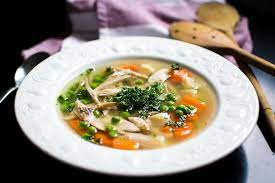
2.Herbal Teas: Sip on herbal teas like ginger tea, chamomile tea, or cinnamon tea. These teas are soothing, warming, and can help boost your immune system.
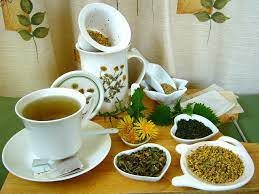
3.Root Vegetables: Incorporate root vegetables like sweet potatoes, carrots, beets, and turnips into your meals. They are packed with essential nutrients and provide a grounding and nourishing effect.
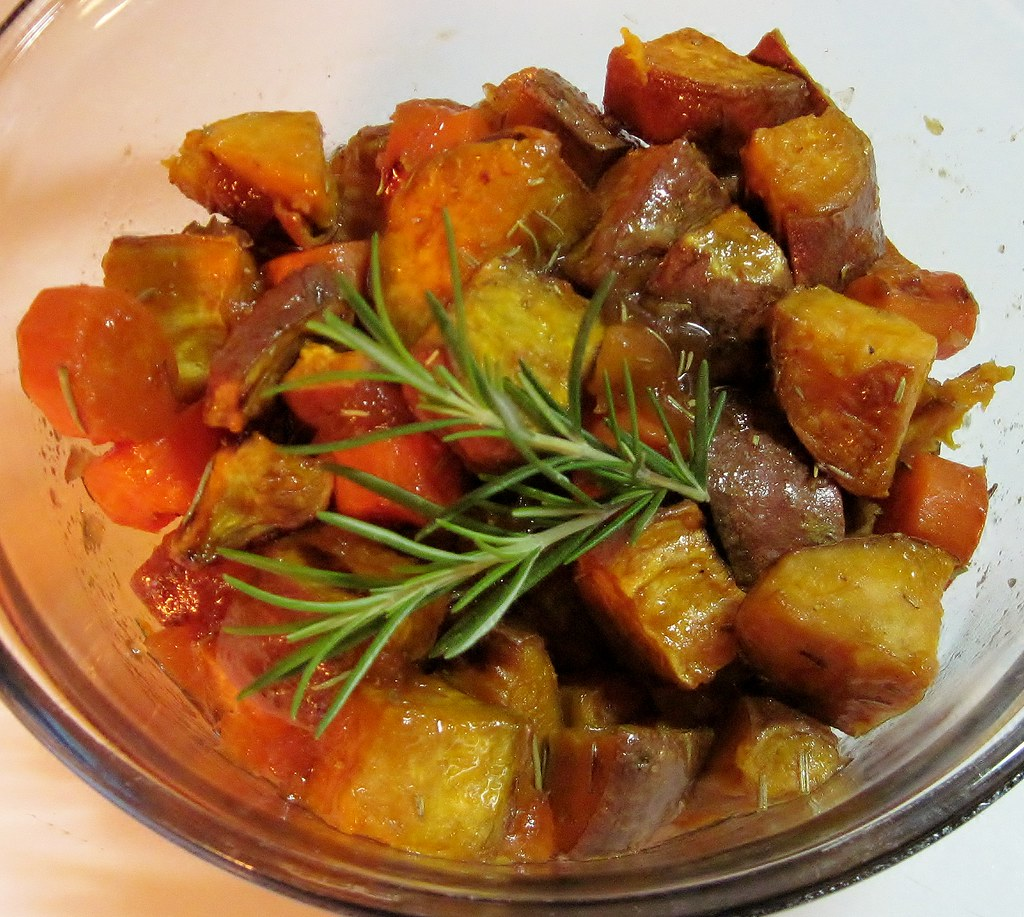
4.Warm Spices: Use warming spices like ginger, cinnamon, turmeric, and cumin in your dishes. These spices not only add flavor but also have anti-inflammatory properties.
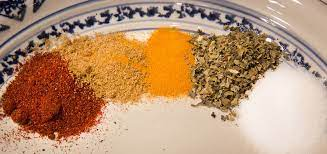
5.Citrus Fruits: Citrus fruits like oranges, lemons, and grapefruits are in season during the rainy months. They are rich in vitamin C, which can help boost your immune system and protect against seasonal illnesses. But we should be cautious while taking citrus fruits as they promote excess secretion of mucus it is better to avoid if we are having any lung complaints.
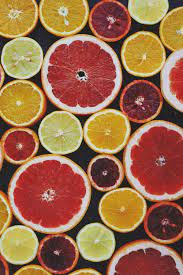
6.Hot Grains: Opt for hot, nourishing grains like oatmeal, quinoa, and barley. These grains provide energy, fiber, and essential nutrients.
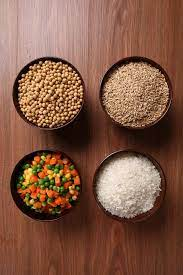
7.Mushrooms: Enjoy a variety of mushrooms during the rainy season. They are not only delicious but also provide immune-boosting properties. Include mushrooms like button mushrooms, shiitake mushrooms, or oyster mushrooms in your stir-fries, soups, or stews.

8.Garlic and Onion: Garlic and onion have antibacterial and antiviral properties. They can help support your immune system and add flavor to your dishes. Include them in your meals whenever possible.
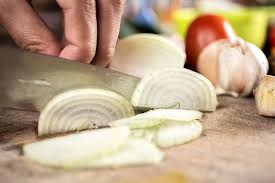
9.Warm Beverages: Apart from herbal teas, you can also enjoy hot cocoa, spiced apple cider, or warm milk with a touch of honey. These beverages provide comfort and warmth during rainy days.
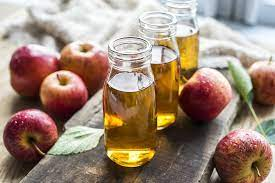
Remember to maintain good hygiene practices while handling and preparing food, regardless of the season. Enjoy the seasonal bounty and stay cozy during the rainy season!
FOODS TO BE AVOIDED DURING RAINY SEASON:
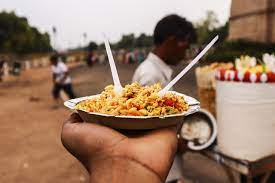
During the rainy season, it is advisable to avoid certain foods to minimize the risk of foodborne illnesses and maintain good health. Here are some foods that are commonly recommended to be avoided during the rainy season:
- Raw or street food: Street food can be delicious, but it is often prepared and stored in unhygienic conditions, making it prone to contamination. Raw foods like salads or cut fruits can also be contaminated with bacteria, so it’s best to avoid them during the rainy season.
- Leafy vegetables: Leafy greens like spinach, lettuce, and cabbage have a high water content, which makes them more susceptible to bacterial growth. During the rainy season, these vegetables may come in contact with contaminated rainwater or soil, so it’s better to consume them after thorough washing and cooking.
- Unwashed fruits: Fruits like apples, grapes, and berries can get contaminated with dirt and bacteria during the rainy season. Make sure to wash them thoroughly before consumption to eliminate any potential contaminants.
- Seafood: Seafood, especially shellfish, is known to spoil quickly and can harbor bacteria and toxins. During the rainy season, there may be an increased risk of contamination in coastal areas, so it’s advisable to be cautious while consuming seafood.
- Fried and oily food: Rainy weather often leads to increased humidity, which can affect digestion. Consuming heavy, greasy, or fried foods can further slow down digestion and lead to discomfort. Opt for lighter meals with grilled or steamed options instead.
- Non-pasteurized dairy products: Raw milk and unpasteurized dairy products can contain harmful bacteria, including E. coli and Salmonella. These bacteria can multiply quickly during the rainy season, so it’s safer to consume pasteurized dairy products.
- Stale or leftover food: Storing and consuming leftover food for a long time in humid weather can promote the growth of bacteria and mold. It’s advisable to consume freshly prepared meals and avoid eating stale or leftover food during the rainy season.
Remember to maintain proper hygiene practices, such as washing hands before handling food, cooking food thoroughly, and storing perishable items properly, to reduce the risk of foodborne illnesses during the rainy season.





